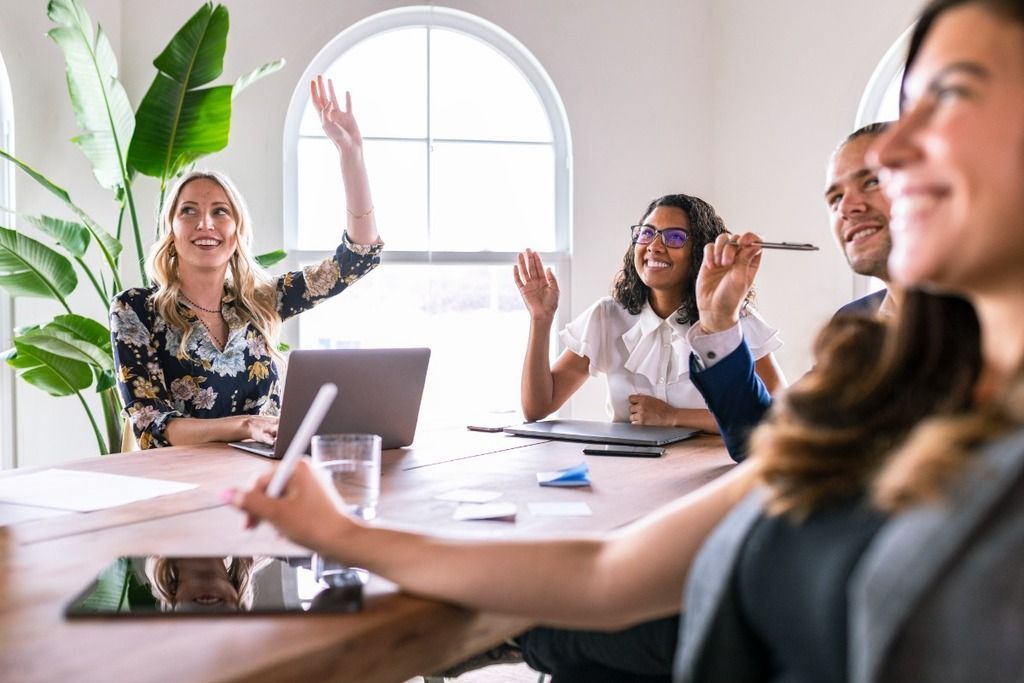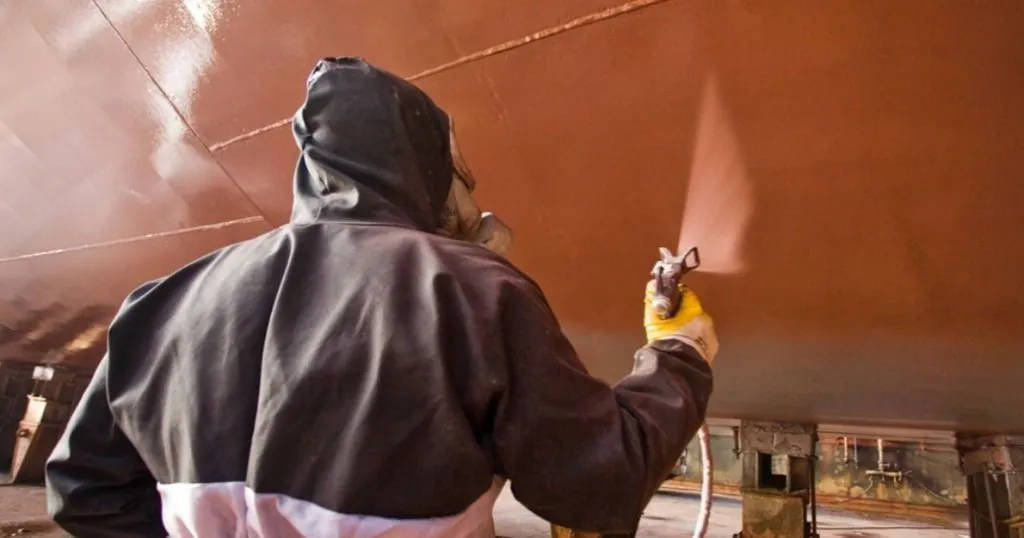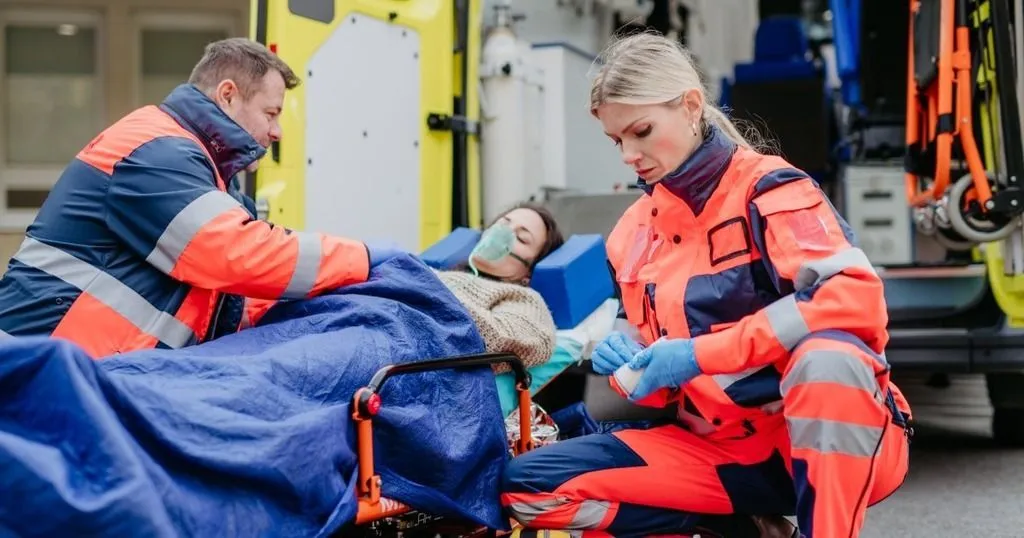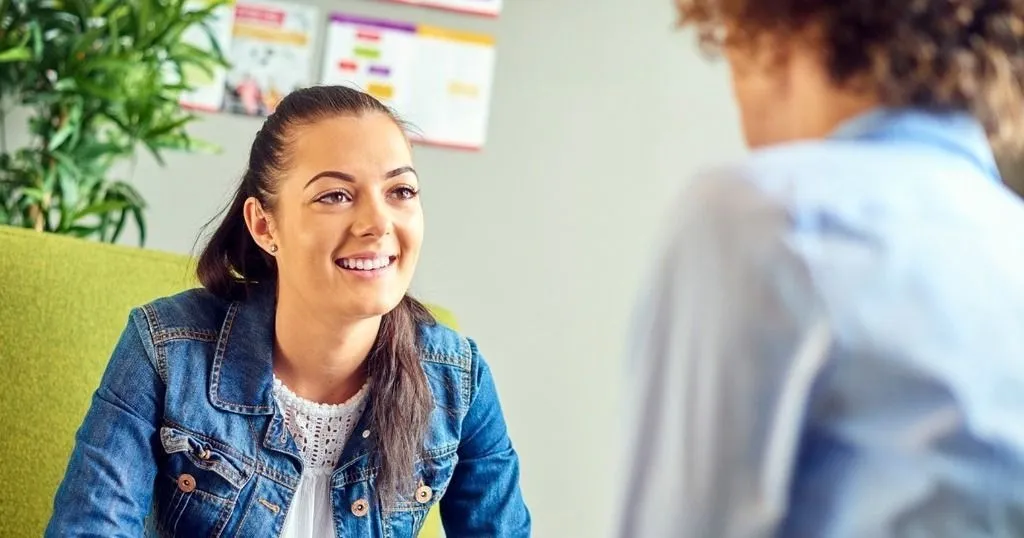Why use video feedback in education?
By using video and audio recordings in education, students and educators can receive and benefit from direct feedback. The more personal and detailed feedback is, the easier it is for students to relate to.
Posted by
Published on
Tue 12 Sep. 2023
Topics
| Education | Simulation | Video Feedback | Video Observation | Video Recording | Viso | Debriefing |

By using video and audio recordings in education, students and educators can receive and benefit from direct feedback. By recording skill training sessions, role-plays, simulations, or presentations, the student's actions and behaviors can be assessed. During review, interactions can also be observed.
The more personal and detailed feedback is, the easier it is for students to relate to. This fosters motivation within students. It helps them to continue excelling and enhancing their skills the next time they engage in these activities.
FREE WHITE PAPER: Video feedback in skills education
10 Reasons why video feedback is essential in skills education.
- Benefits for students
- Advantages for teachers and trainers
- Practical examples
Empowering student learning: what are the benefits for students?
Students are used to receiving information by watching short video clips. On a daily basis, students find themselves browsing multiple platforms for information (and for fun, of course), such as YouTube, Instagram, TikTok, and Snapchat.
But what advantages are there for students to see and assess their own behavior in a learning situation?
- Personal | Video-based feedback truly makes a student's learning journey unique. It is all about the students themselves, they are in the spotlight. They get to watch themselves in action, to understand how they behave and react. The feedback they receive is finely tuned to align with their specific behaviors, increasing their levels of engagement.
- Awareness of non-verbal cues | Watching themselves on video helps students become more conscious of their non-verbal cues, like body language, facial expressions, and tone of voice. These are crucial aspects of effective soft skills.
- Goal oriented | Preset personal goals can be coded and marked by the teacher (or fellow student) while recording the video, making it quick and easy to discuss them during the review session.
- Objective | Video feedback helps students to objectively understand their strengths and weaknesses. What went well and what could be improved? Because it is recorded, they cannot ignore the facts. But also, they can track progress by comparing their earlier recordings to later ones.
- Motivating | Witnessing successful actions or behaviors and their positive outcomes boosts self-assurance, fosters a positive self-view, and drives motivation for continued positive behavior.
- Unobtrusive | Using video recordings, rather than an observer present in the same room, makes students feel more comfortable. They can better focus on the skills they practice.
Incorporating video recordings into training sessions empowers students to take charge of their learning and development in a dynamic and comprehensive way.

Benefits of video feedback for educators
Looking at it from the teacher's viewpoint, the feedback process reveals a student's current educational position and aids in recognizing and preparing for upcoming learning opportunities. Effective feedback goes beyond general praise or criticism and is specific, actionable, and focused on facilitating growth and development.
Reasons for employing video feedback are myriad, but most of all it makes the teacher’s job much easier.
- Saves time | Using a AV system, such as Viso, it is possible to record in multiple rooms at the same time, allowing sessions to take place in parallel. Video processing is quick and easy, videos can be played back right after recording, and no time to load is needed.
- Easier to take exams | The ability to record sessions works well for administering tests. Students can start and stop recording themselves, a teacher does not have to be present. The teacher immediately has access to the recordings.
- Innovative | This active form of learning will improve the quality of skills education. Students learn more from the lessons and training sessions because the feedback was personal and goal-oriented.
- Up-to-date | Nowadays, students grow up with video. Learning and improving skills by watching videos is second nature. Video is the future, thus to keep up, teachers are being challenged to refine their pedagogical methods.
This innovative approach enhances skill education through personalized and goal-oriented feedback, using the familiarity of video learning for modern students.
Also view: 10 reasons why AV tool Viso is beneficial for video feedback [INFOGRAPHIC]
Video technology for feedback
If you are looking to implement video feedback throughout your facility for simulation and training sessions for your students, as well as feedback sessions for your staff, a complete package with video and audio technology is the best solution.
Implementing a complete solution might sound extensive, but it can be done by setting up four IP cameras in multiple rooms. If you don’t want to equip a number of rooms, you can choose a portable solution, which includes a suitcase with a microphone, cameras, and a laptop.
It is no longer necessary to control cameras and recordings from the experiment room or from an adjacent room. Using specially-developed software, the video recordings are stored safely and securely and can only be accessed by the right person.
BUYER'S GUIDE: Choose the perfect audiovisual lab
Learn exactly what you need to consider for your AV lab.
- Best options for your AV lab
- Practical considerations & tips
- Get the most out of your setup
Debriefing the recorded sessions
After being recorded, the videos are immediately available for debriefing. Debriefing shows why things happened and provides input for future learning. By engaging in debriefing sessions for soft-skill training sessions, role-play scenarios, simulation-based training, or any experiential learning, you will uncover the fundamental factors contributing to both successes and setbacks. These insights will guide you in determining which aspects to replicate and which to modify for future improvement.
Whether the video feedback is used to train psychology students in interview techniques or to provide the English faculty team with examples of working teaching methods, you will notice that procedures have changed for the better. By using the latest video and audio management and control technology, you will see that it doesn’t require a major investment to achieve a maximal return.
FREE DEMO VISO: Capture skills training sessions
Request a free demonstration to find out why AV recording tool Viso is the right tool for your educational instutution!
- Easy-to-use solution
- Train and educate, enhance teamwork
- Immediate playback of recordings
References
- https://learningliftoff.com/k-12-education/teaching/how-teachers-video-feedback-can-improve-student-performance/
- Mahoney, P.; Macfarlane, S. & Ajjawi, R. (2018). A qualitative synthesis of video feedback in higher education. Teaching in Higher Education, 24 (2). https://doi.org/10.1080/13562517.2018.1471457
- Kam, B.; Yune, S.; Lee, S.; Im, S. & Baek, S. (2019). Impact of video feedback system on medical students’ perception of their clinical performance assessment. BMC Medical Education, 19 (252). https://doi.org/10.1186/s12909-019-1688-6
Related Posts


How stress and emotions can affect performance
